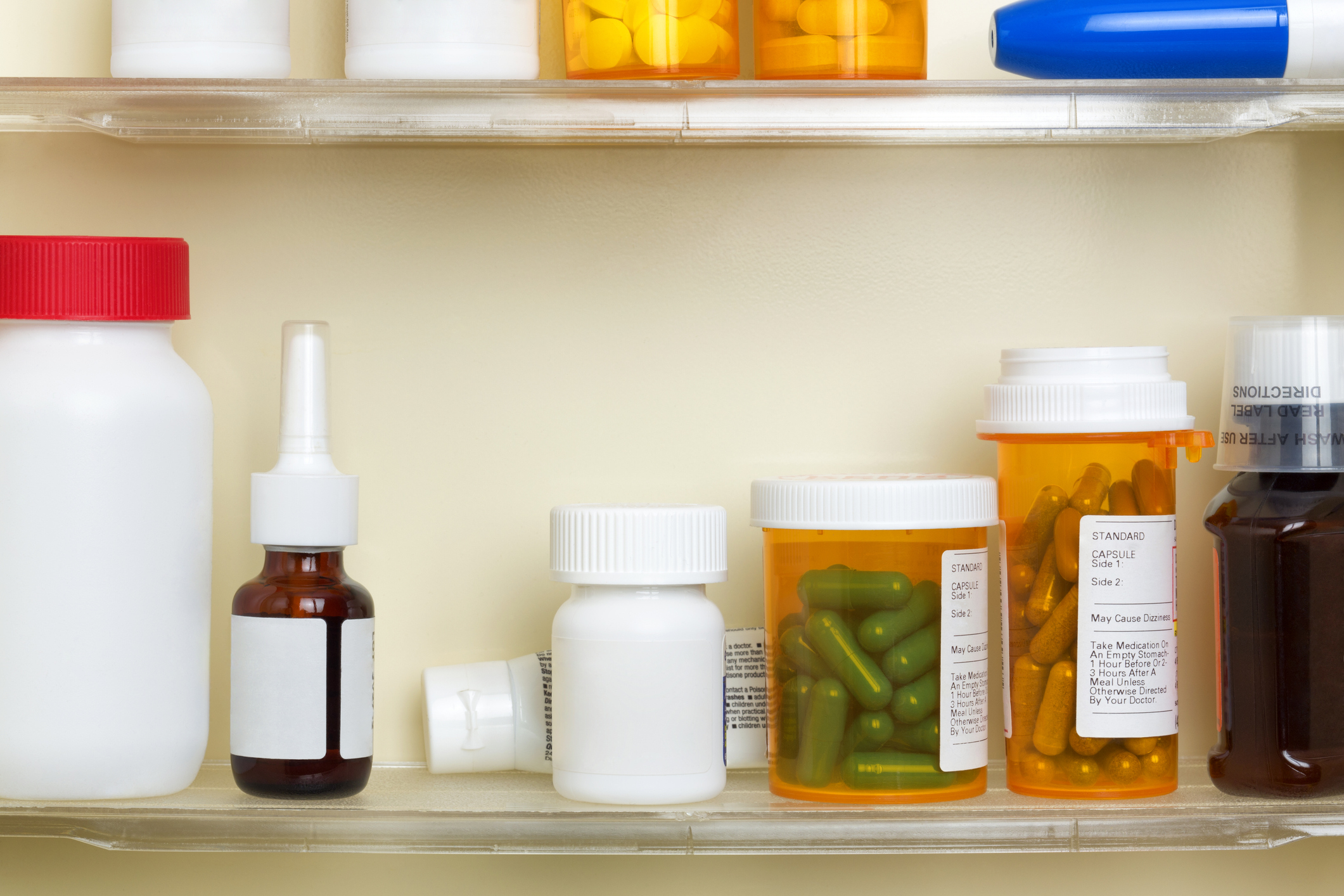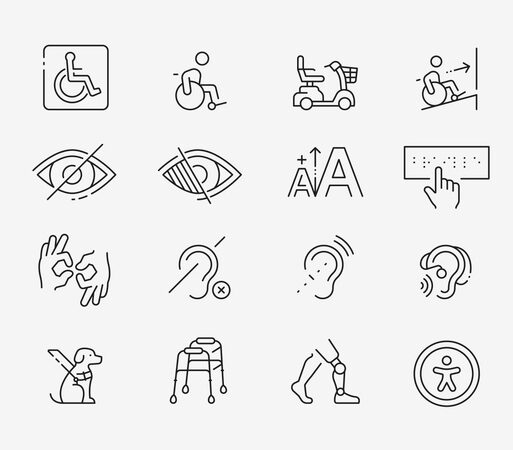There’s something about the promise of warm days sitting on the deck that motivates us to get our house in order and do some spring cleaning that will free us up later for outdoor pursuits. And one good place to start is the medicine cabinet where unused or expired medications can linger, and potentially cause harm to young children, elderly adults with cognitive problems or even pets.
A change in the season is a good time to take stock of what you have and what you need, making it easier in the long run to downsize to a smaller home or eventually make a move into a retirement community or assisted living.
Opioid medications are often prescribed after an acute injury such as a broken bone or after surgery but many people keep them around after they no longer need them, “just in case”. In the wrong hands, these pain medications can be deadly or end up being used to get high or to sell. According to the Centers for Disease Control and Prevention, nearly half of all opioid overdoses in the United States in 2015 involved prescription drugs. And in the same year more than 15,000 people died from overdoses of prescription opioids.
To help prevent more accidental deaths, prescription drugs like OxyContin, Percocet, Vicodin and Norco must be properly disposed of through take-back events and other collection programs. Check with your local pharmacy for mail-back envelopes for prescription drug disposal or collection receptacles at you local police station or other central location.
The U.S. Food and Drug Administration has determined the following drugs are safe to flush down the toilet or sink when the risk of waiting to dispose of drugs is too great. The FDA states that the “know risk to human health far outweighs any potential risk to humans or the environment from flushing them”.
- Buprenorphine
- Fentanyl
- Hydrocodone
- Hydromorphone
- Meperidine
- Methadone
- Morphine
- Oxycodone
- Oxymorphone
- Sodium oxybate
- Tapentadol
*fentanyl patches should be folded in half so the sticky sides meet and flushed down the toilet, never thrown in household trash
Most unused or expired medicine can also be disposed of with the household garbage if first mixed with dirt, kitty litter or used coffee grounds and sealed in a zip-lock baggie. Remember to removed all personal information from drug packaging before throwing it in the trash.
For a list of National Prescription Drug Take Back Days in the United States, follow this link to the Department of Justice website. And for Prescription Drug Return Initiatives in Canada, click here to visit Public Safety Canada.






Add Your Voice
0 Comments
Join the Discussion